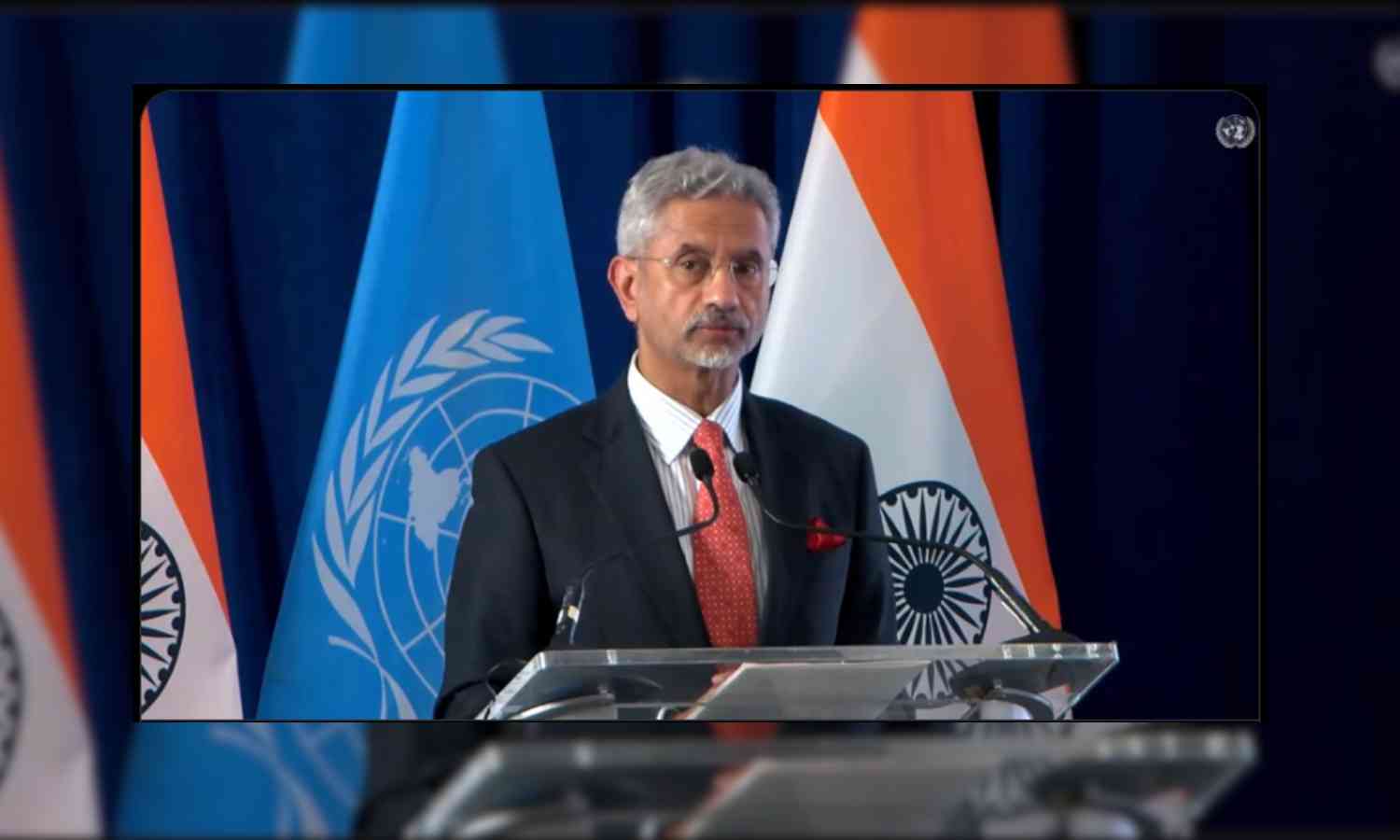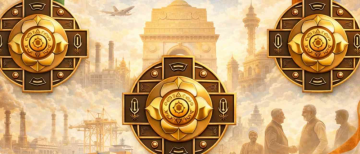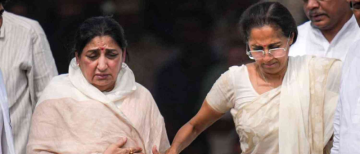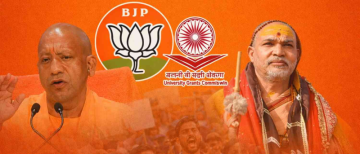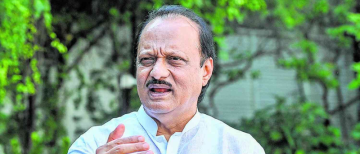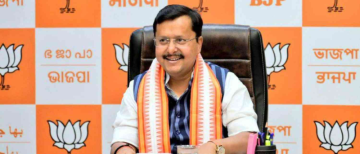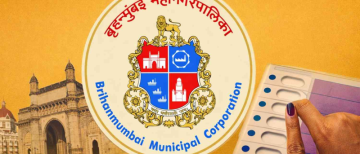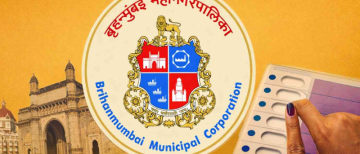In highlighting several aspects of India's G20 presidency, S. Jaishankar, minister of external affairs, stated that the G20 summit and presidency were both difficult due to the extreme North-South and East-West polarisation that we had to deal with.
Addressing the event in New York for the ‘India-UN for Global South: Delivering for Development’, the External Affairs Minister said, “We meet just a few weeks after the New Delhi G20 Summit. A Summit which took place on the theme of One Earth, One Family, One World. It was a challenging Summit, it was a challenging presidency because we were confronting a very sharp East-West polarisation and a very deep North-South divide. But we were very determined as the presidency of the G20 to make sure that this organisation was able to get back to its core agenda which was of global growth and development."
"We know that there may be aspects of it which you may find useful from, as Ambassador Kamboj mentioned, that we are today active in almost 80 countries around the world. And what I can say is that when it has come to South-South cooperation, we have endeavoured to walk the talk," Jaishankar said at the UN event.
The supply of affordable food, fertiliser, and energy are just some examples of how current geopolitical considerations and rivalries are affecting many countries' fundamental necessities.
"With each passing day, in fact, it has become clearer to us that today geopolitical calculations and geopolitical contests are impacting very basic requirements of many countries, including their affordable access to food, to fertilizers and to energy," Jaishankar said.
Currently in New York, External Affairs Minister Jaishankar is leading the Indian delegation to the United Nations General Assembly (UNGA). According to an official announcement from the Ministry of External Affairs, he will be addressing at the UNGA on September 26.
Ⓒ Copyright 2023. All Rights Reserved Powered by Vygr Media.

